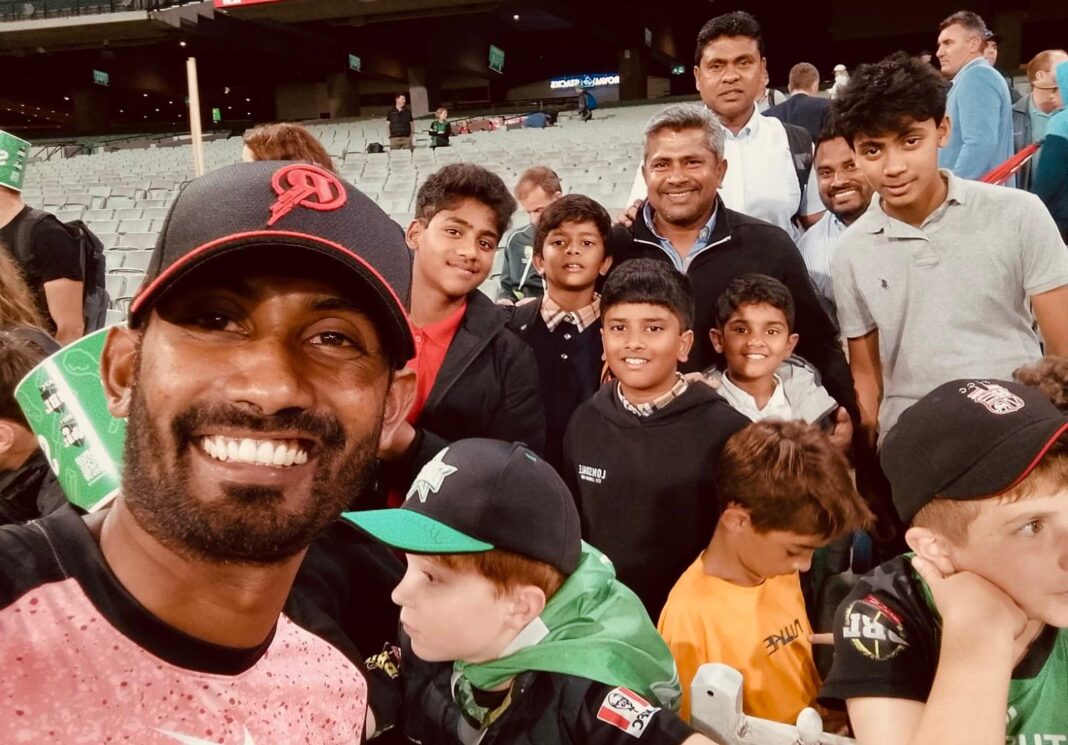By: Kainat Saif

In Pakistan, the Constitution of 1973 serves as a vital legal instrument safeguarding fundamental rights. It explicitly outlines these rights in Chapter 1 (Articles 8-28), emphasizing the right to life, liberty, and equality. International treaties like the ICCPR and ICESCR further underline Pakistan’s commitment to human rights. While legal provisions exist, their effective enforcement depends on interpretation by authorities, and civil society plays a vital role in ensuring human rights protection.
Internationally, human rights are enshrined in documents like the Universal Declaration of Human Rights (UDHR), ICCPR, ICESCR, CAT, CEDAW, and CRC. These treaties form a global framework for protecting individual rights and freedoms, emphasizing the principles of universality and non-discrimination.
Power imbalances in societies can lead to the violation or protection of human rights. Discriminatory laws, limited access to resources, suppression of dissent, and biased law enforcement are examples of how power dynamics affect human rights. Gender-specific power dynamics can have a disproportionate impact, contributing to discriminatory laws, gender-based violence, limited economic opportunities, and restrictions on reproductive rights.
Locally and internationally, power imbalances can result in severe human rights violations. Discriminatory laws, unequal distribution of resources, and a lack of accountability for violations are common outcomes. Two case studies further illustrate these dynamics.
In Balochistan, Pakistan, enforced disappearances represent a severe and ongoing human rights crisis. The practice escalated during political instability, with victims including activists, journalists, and ordinary citizens. Despite public outcry and legal interventions, families rarely receive justice. The power dynamics within Pakistan, characterized by a dominant security establishment and weaker civilian governments, exacerbate the issue.
Recent years have seen an intensification of these practices, with reports of a “kill and dump” policy. The international community, including the UN, has expressed concern, emphasizing the need for accountability and human rights protection.
In Gaza, until 2023, exports averaged 607 truckloads per month, significantly lower than before June 2007. Israeli authorities sealed crossings into Gaza in 2023, blocking essential goods and medical care. Hamas and Palestinian armed groups caused civilian casualties, and courts in Gaza sentenced individuals to death. In 2023, Israeli forces killed 492 Palestinians in the West Bank. Reports include arbitrary executions of Palestinian women and girls, with instances of sexual assault and inhuman treatment.
Approximately 25,000 people have been killed, and over 65,000 wounded in Gaza, leading to a severe scarcity of food, water, medicines, and basic necessities. Amnesty International highlights the role of the occupation in fueling systematic human rights violations and asserts that the occupation has enabled Israel’s system of apartheid against Palestinians.
In both case studies, power dynamics play a pivotal role in shaping the human rights landscape. In Balochistan, the imbalance between the security establishment and civilian governments contributes to a lack of accountability for enforced disappearances. In Gaza, geopolitical interests, historical conflicts, and imbalances of power contribute to a humanitarian crisis with elements reminiscent of genocide.
Legal policy recommendations include strengthening national mechanisms in Pakistan to address enforced disappearances, ensuring accountability and justice. The international community should exert pressure on states to uphold human rights standards, especially in conflict zones like Gaza. Increased humanitarian aid and access should be facilitated in conflict areas to alleviate suffering and protect civilians. Diplomatic efforts should be intensified to promote dialogue and resolution in conflict zones, addressing root causes of human rights abuses.
In conclusion, the interplay between power dynamics and human rights is complex and multifaceted. Both at a local and international level, addressing power imbalances and promoting accountability are crucial for the protection and enhancement of human rights globally.
The writer is a former Young Parliamentary Associate at the Senate of Pakistan and can be reached out at [email protected]



